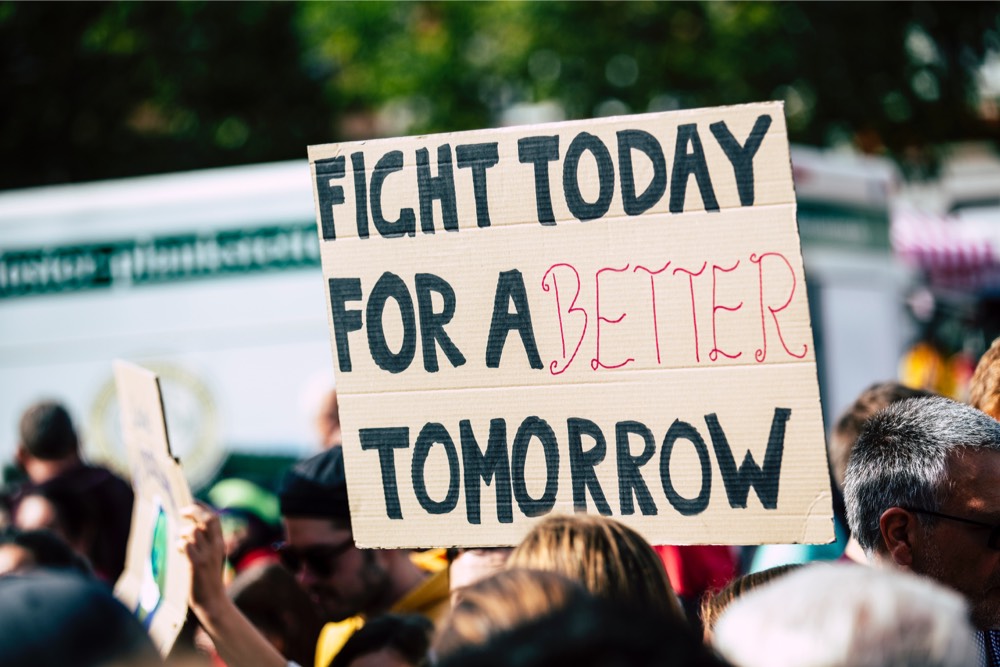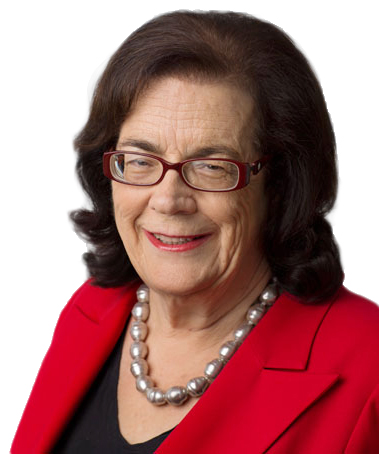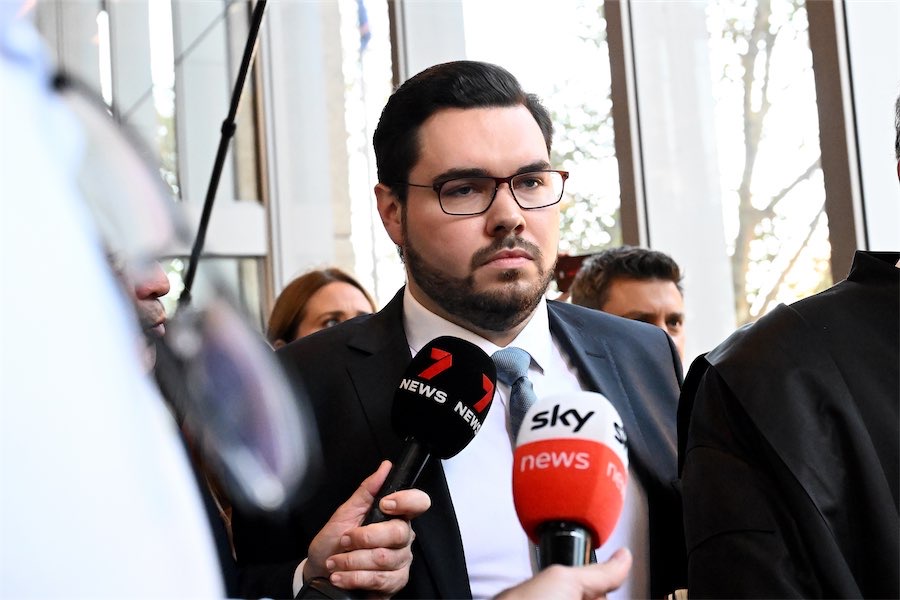 The question is whether, pushed by international forces and the approach of an election, Morrison will adopt the target ahead of the Glasgow climate conference late next year, writes political columnist MICHELLE GRATTAN.
The question is whether, pushed by international forces and the approach of an election, Morrison will adopt the target ahead of the Glasgow climate conference late next year, writes political columnist MICHELLE GRATTAN.
THE government’s provision of a RAAF plane for Mathias Cormann’s barnstorming campaign to become OECD secretary-general has stirred predictable outrage, especially when linked to the understandable emotion around the (unrelated) struggle of Australians trying to return home.
But the reaction is, in my view, not justified.

The post is a significant one. If Cormann lands the job – it’s a very tough contest – this would be useful for Australia, especially as the world crawls out of the covid hole (although he’d be appointed as an individual, rather than Australia’s representative).
The OECD, with 37 members, mostly developed countries, is an intergovernmental body that is, in the words of a former director, Adrian Blundell-Wignall, “the only place where government officials sit down to discuss common problems at the working level in a shifting dynamic world”.
Yes, Cormann could have travelled commercially, but it would have been difficult in the age of covid. A Zoom campaign would have been possible, but probably not have given him the best chance of success.
So the government is easing his path, making available staff for his campaign as well as the plane. And the prime minister is lobbying anyone of significance he speaks to. Scott Morrison was in Joe Biden’s ear about Cormann in his phone call congratulating the president-elect, and in the ear of the Japanese prime minister during their meeting.
But in the battle for votes Cormann, with plenty of qualifications (long-term former finance minister, multilingual) is carrying a big handicap. Australia is seen as a laggard on climate policy, and his own credentials on the issues go against him.
Way back in 2009 when he resigned from Malcolm Turnbull’s shadow ministry, climate change was at the heart of it. He and two other frontbenchers who were quitting said in a joint statement: “We are opposed to the passage of Labor’s Emissions Trading Scheme prior to the United Nations Climate Change Conference in Copenhagen and before any similar action by our major trading partners. Consequently, we are unable to support the Leader of the Opposition’s decision to support the passage of these bills.”
Only too aware of the problem he has, Cormann is taking on as much of a green tinge as he can to assist him in his campaign.
In his “vision statement” for the job, Cormann says, “climate policy responses will increasingly need to factor into long-term planning,” and “we must get to zero net emissions as soon as possible”.
The Australian Greens are lobbying OECD countries not to support Cormann.
Greens leader Adam Bandt has written to them saying the organisation “requires a leader with a clear commitment to addressing the climate crisis”, but Cormann’s “record on climate change has been to block action at every turn”.
While Cormann works to convince the OECD he’d be in tune on climate policies Morrison, driven by his own political needs, is slowly repositioning his government on the issue. Morrison knows he’ll be operating in changed circumstances in the next year, and he’s manoeuvring to adapt to them.
Tony Abbott once famously described himself as a “weathervane” on climate policy. Morrison is a genuine weathervane on many things. And, as he looks towards 2021, he is aware Australia risks being severely buffeted unless it is seen to be more credible in its climate policy.
Biden’s appointment this week of John Kerry, former secretary of state and former presidential candidate, as the US climate envoy underscores the importance the new administration is putting on the issue. Kerry calls it “the biggest challenge of this generation and those that will follow”.
Morrison has already sought to find common ground with Biden by stressing, when they spoke, their mutual interest in elevating the role of technology in reducing emissions.
In an address this month Morrison told business leaders the government’s “ambition” was to avoid using Australia’s Kyoto carryover credits (gained by exceeding previous targets) in meeting its Paris targets. The potential use of these credits has been widely criticised.
He flagged he’d have “more to say about this before the end of the year as we update our emissions projections”. This suggests he knows these figures will point to a likely positive story on the carryovers.
Morrison has already pivoted from coal. It seems only yesterday that, when treasurer, he brandished a lump of coal in the House of Representatives – but for him it’s a lifetime ago. Former resources minister Matt Canavan, from the Nationals, is still spruiking the case for building coal-fired power stations, but he’s baying at the moon. Experts don’t expect the feasibility study for a Queensland coal-fired project to return a positive result.
As he’s moved away from coal, Morrison has talked up gas excessively, inviting a mixture of condemnation and scepticism. But in practice gas is likely to settle into a relatively modest place to help the transition to renewables.
In terms of symbols and intentions, the major test for Morrison has become whether he signs Australia up to reaching net zero emissions by 2050.
You can see this target as meaning everything and not that much.
Not that much because, even acknowledging the need for long-term planning, 30 years is a time-frame in which anything can happen and a government making promises today knows it won’t be around for the reckoning.
But the target means everything because, in the current international and domestic context, accepting it would demonstrate good faith and serious intent. It would bring Australia into line with the majority of countries and – significantly – with all Australian states and territories.
How can it be that the federal government is out of step with every other Australian government? It seems ridiculous.
Morrison is crab-walking towards the target. “Looking beyond 2030 we want to reach net zero emissions as quickly as possible and to achieve this through technology, not higher taxes,” he said in his business speech.
The question is whether, pushed by international forces and the approach of an election, Morrison will adopt the target ahead of the Glasgow climate conference late next year.
Liberal backbencher and former diplomat Dave Sharma wrote this week: “Australia will work closely with Britain to make the next global climate change conference, COP26, a major step forward in dealing with climate change.”
To do that, Australia will need to accept the 2050 target. British PM Boris Johnson has already stressed to Morrison “the importance of setting ambitious targets to cut emissions and reach net zero”.
In his nomination speech this week, Kerry said: “At the global meeting in Glasgow one year from now, all nations must raise ambition together or we will all fail together. And failure is not an option.”
If Australia is not to be an outlier at Glasgow, Morrison has less than a year to move from a commitment to reach net zero “as quickly as possible” to Australia doing it “by 2050”. For him, it’s not a large step; within the Coalition it’s very slippery ground.
Michelle Grattan is a professorial fellow at the University of Canberra. This article was originally published on The Conversation.
Who can be trusted?
In a world of spin and confusion, there’s never been a more important time to support independent journalism in Canberra.
If you trust our work online and want to enforce the power of independent voices, I invite you to make a small contribution.
Every dollar of support is invested back into our journalism to help keep citynews.com.au strong and free.
Thank you,
Ian Meikle, editor




Leave a Reply